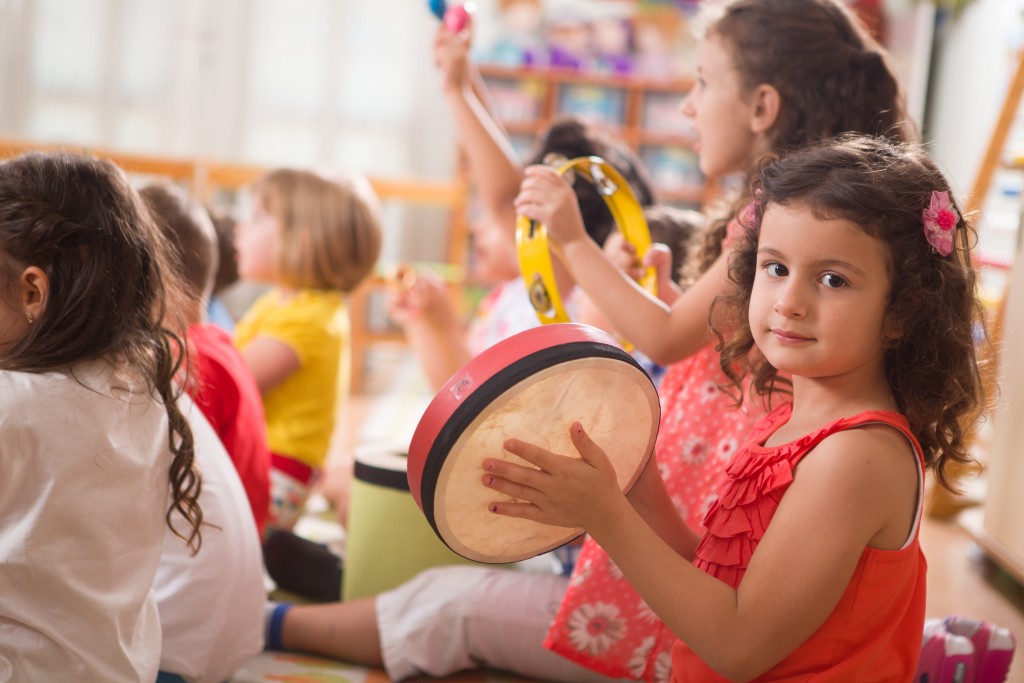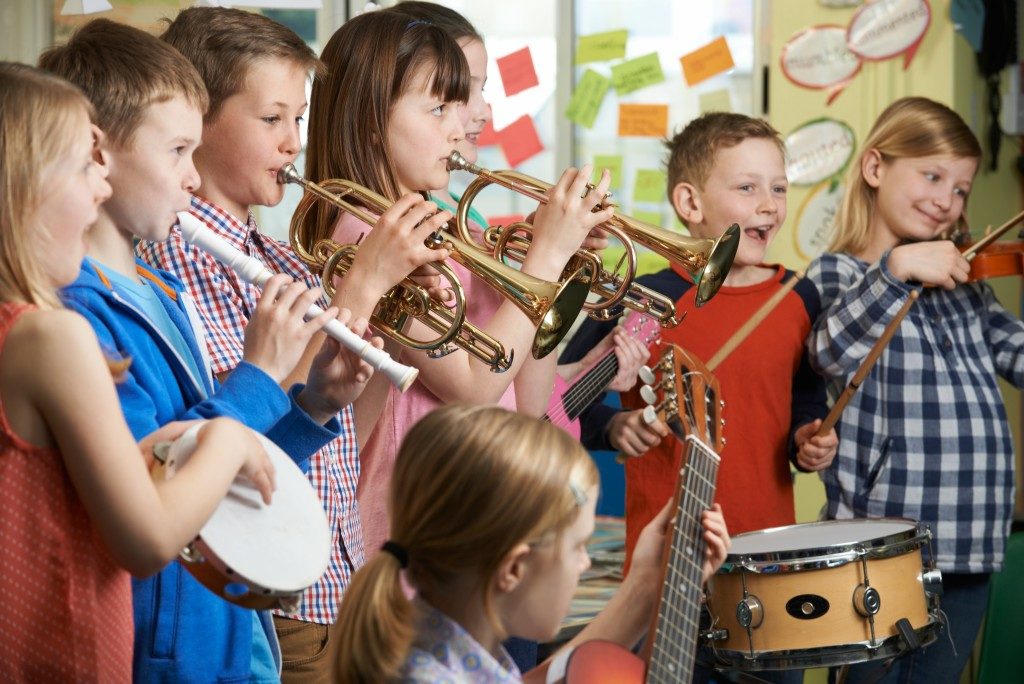We listen to music when we’re stuck in traffic. It relaxes us and boosts our mood. We listen to music when we get our hearts broken or when someone has passed away in the family. We express ourselves better with music. When we’re happy, we crank up the stereo. We dance to music, and we cry with music. It is almost impossible to imagine our lives without music.
Music is a more important component in the development of children with disabilities. If your child is suffering from a developmental delay or learning disability, enroll them in violin lessons in Las Vegas, Nevada. You should also make it a point to play music whenever there’s a chance. Listening to music benefits children with mental, cognitive, and even physical disabilities.
Improves Parent-children Relationships
You should not focus only on taking care of your child. You should also focus on some self-love. You need to take care of yourself so that you can take care of your child. Listening to music will boost your mood, too. It will improve your mental health and positive parenting.
Helps Children Process Sounds Better
According to Nature Reviews Neuroscience, music training improves a child’s auditory system. It helps children process sounds better. It gives them the ability to identify different sounds, thus improving their knowledge and understanding of the language.
Calms Children Down
A study at Baltimore St. Agnes Health Care shows that music has the same impact as a 10 mg dose of Valium. It has such a calming effect on children that music is routinely played in the children’s ward. Music can reduce stress, anxiety, and frustrations. It also reduces muscle tension and slows down the heart rate. Because of these changes, the minds of these children are more willing to listen and learn.

Develops Physical Abilities
Dancing is one of the best ways to improve your child’s coordination, learning, thinking, and focus. Children dance intuitively when they hear a tune. That’s why you should play different rhythms for your child. You will see how they interact with these sounds through movement. Their physical abilities will greatly improve through different movements.
Boosts Social Skills
Several studies were conducted about the impact of music on a child’s social skills. Almost all resulted in the same thing: A child, especially one with learning disabilities, showed improvements in interactions when regularly listening to music. Children are more confident imitating things they see when they listen to music. They also make better eye contact, which is the start of good social skills.
Enhances Memory
Children who play musical instruments have a 17% better chance of remembering verbal information than those without musical education or training. Learning to play music at an early age enhances a child’s memory development. It also provides them with the opportunity to develop musical skills they would never know if they were not exposed to it.
Even adults enjoy listening to music regularly. Have you been to a spa? Don’t these establishments play songs that aim to relax you? That is the powerful effect that music has on people. It also has the same impact on kids, whether with disabilities or without.




